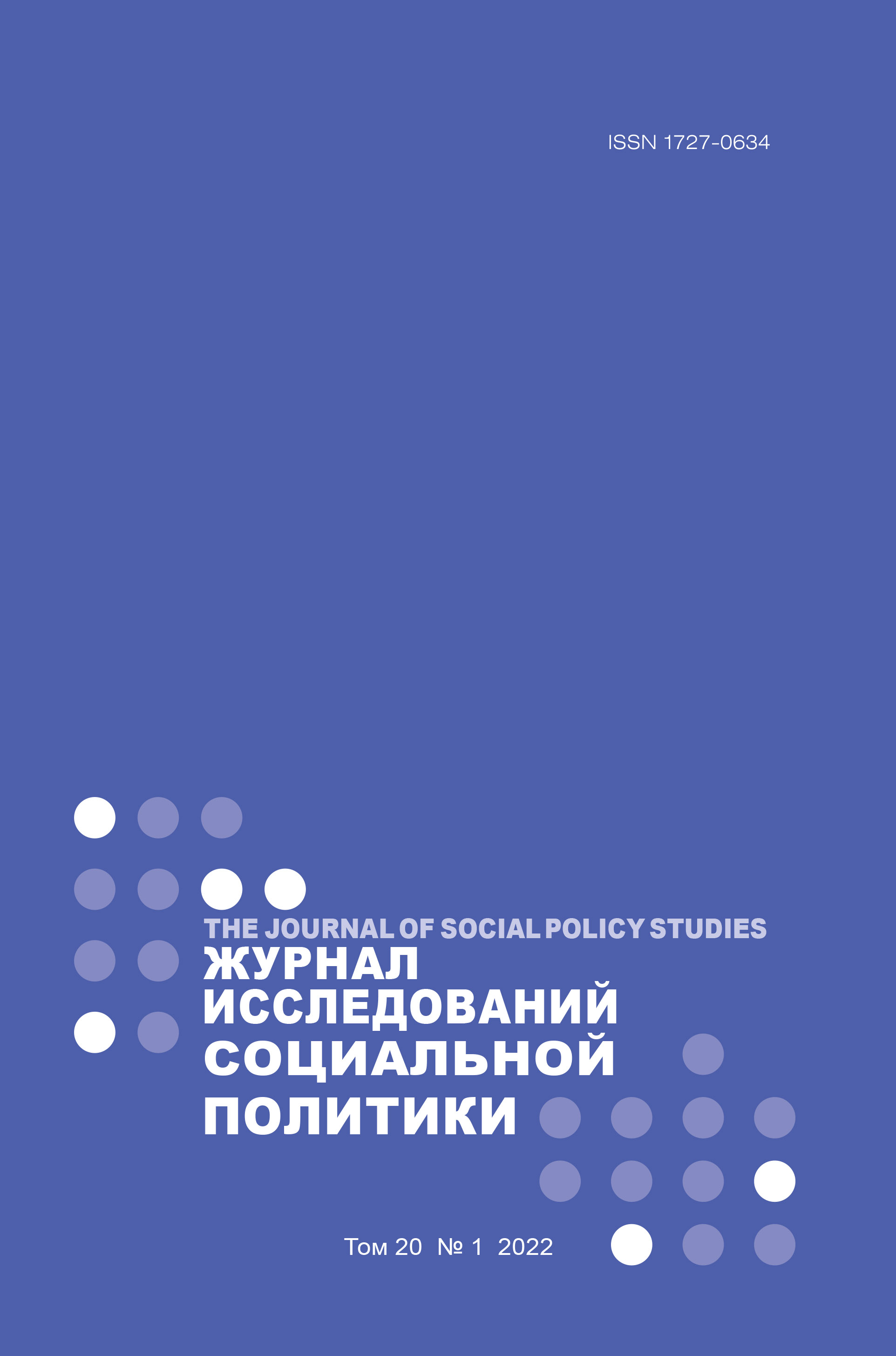Analysis of Discursive Regimes of Transition to Adulthood in the Normative Documents of Youth Policy in Russia
Abstract
Youth as a stage of life presupposes the gradual acquisition of skills and competencies that allow one to achieve adult status. Modern models of the transition to adulthood are increasingly moving away from the linearity and preconceptions assumed by modernist life courses, becoming more flexible and dependent on individual biographical choices. Despite the 'privatization' and 'personalization' of the process of becoming an adult, the success of the transition largely depends on socio-economic conditions, various types of inequality, and national social policies. The state and the youth policy it implements play one of the most important roles in organizing possible and accessible modes of transition to adulthood for young people. This article is built on the intersection of two perspectives: the analysis of youth policy models, on the one hand, and the analysis of the transition into adulthood, on the other. The article focuses on the discursive modes of transition into adulthood in the normative documents of the youth policy of modern Russia. Based on the analysis of federal normative documents of the youth policy of the RF for the period 1990–2020. The article demonstrates that the articulation of transition into adulthood has changed significantly over the past thirty years. There are four successive dominant types of discourse that define the framework of the modes of transition in specific periods of time: 1990s – the regime of selective paternalism; 2001–2005 – regime of education and imputed responsibility; 2006–2014 – educational and protectionist regime; 2015–2020 – mobilization regime. A key feature of the youth policy of Russia is the gradual disappearance from documents of the horizon of adulthood for young people, and the constitution of youth as an autonomous life stage. And the young themselves are increasingly seen as a resource and a group ready for mobilization here and now, rather than as potential autonomous adults.















